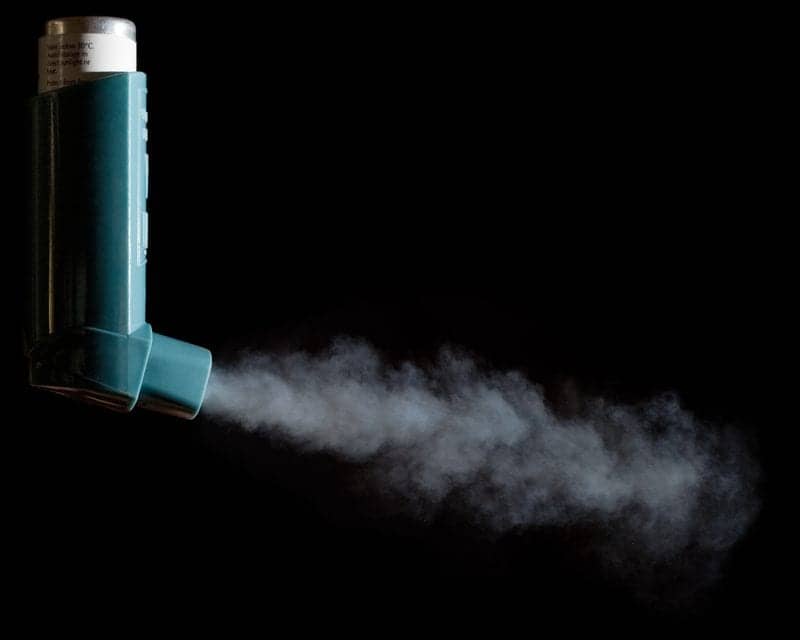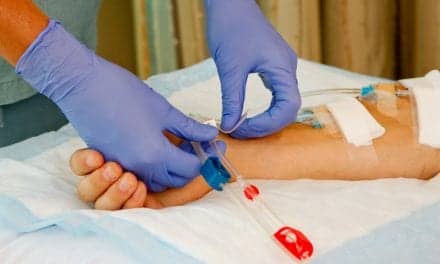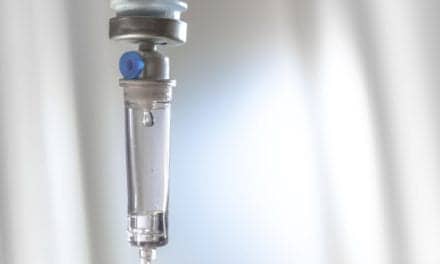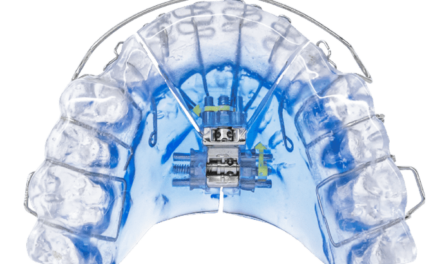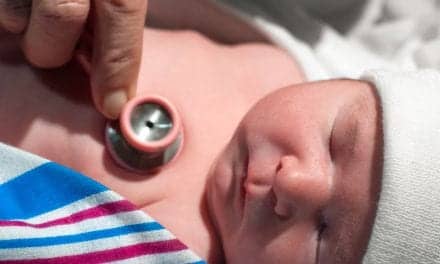Theravance Biopharma Inc and Mylan have submitted a New Drug Application (NDA) to the US FDA for revefenacin (TD-4208), an investigational long-acting muscarinic antagonist (LAMA) as a once-daily, nebulized bronchodilator in development for the treatment of COPD.
The NDA is supported by the companies’ Phase 3 program for revefenacin, which consisted of two replicate pivotal Phase 3 efficacy studies and a 12-month, open-label, active comparator safety study.
“This submission represents a key step in our efforts to bring the first once-daily nebulized LAMA to the COPD patient community. While a significant number of COPD patients require or prefer nebulized therapy, these same patients currently have no access to a nebulized LAMA, broadly considered the cornerstone of COPD maintenance therapy,” said Brett Haumann, MD, Chief Medical Officer at Theravance Biopharma. “We are pleased with the comprehensive data package that was generated through our Phase 3 efficacy and safety studies and look forward to the FDA’s review of our NDA.”
“We are proud of our collaboration with Theravance Biopharma over the past two years on the development of revefenacin and the quality of our NDA submitted to the FDA,” said Mylan President Rajiv Malik. “If approved, this product will further strengthen Mylan’s expertise in nebulized respiratory therapies and bolster our commercial presence in the respiratory space. We look forward to our continued work with Theravance Biopharma and the FDA as we progress to final approval.”
Theravance Biopharma and Mylan previously reported that in two replicate pivotal Phase 3 efficacy studies, revefenacin demonstrated statistically significant and clinically meaningful improvements as compared to placebo in trough forced expiratory volume in one second (FEV1) and in overall treatment effect on trough FEV1 (OTE FEV1) after 12 weeks of dosing.1 Both doses of revefenacin had comparable rates of adverse events (AEs) to placebo, low rates of serious adverse events (SAEs), and no clinically meaningful differences in blood parameters or electrocardiogram (ECG) data, across all treatment groups (active and placebo). As previously reported, the most commonly reported adverse events, across both trials and across all treatment groups, were exacerbations, cough, dyspnea and headache. Additionally, the companies have previously announced positive results from the 12-month Phase 3 safety study, which did not identify new safety issues. Rates of AEs and SAEs in the study were low and comparable to those seen in the standard of care treatment arm.
Theravance Biopharma and its affiliates have partnered with Mylan and its affiliates on the development and commercialization of nebulized revefenacin products for COPD and other respiratory diseases. The companies are developing revefenacin as a once-daily, nebulized bronchodilator for the treatment of patients with COPD that will be compatible with a range of jet nebulizers.

